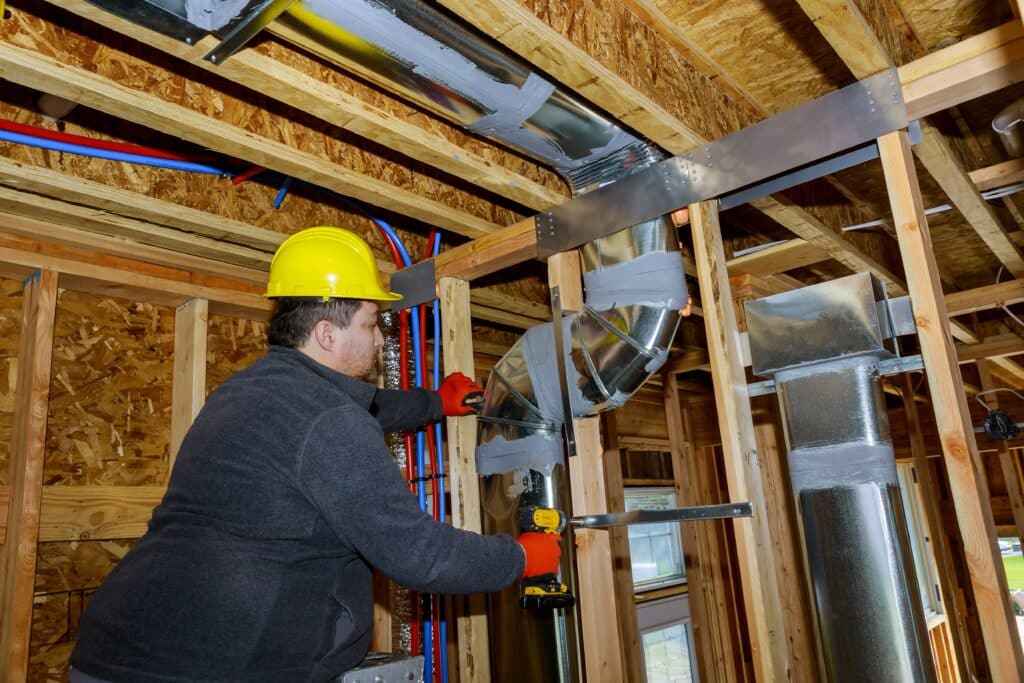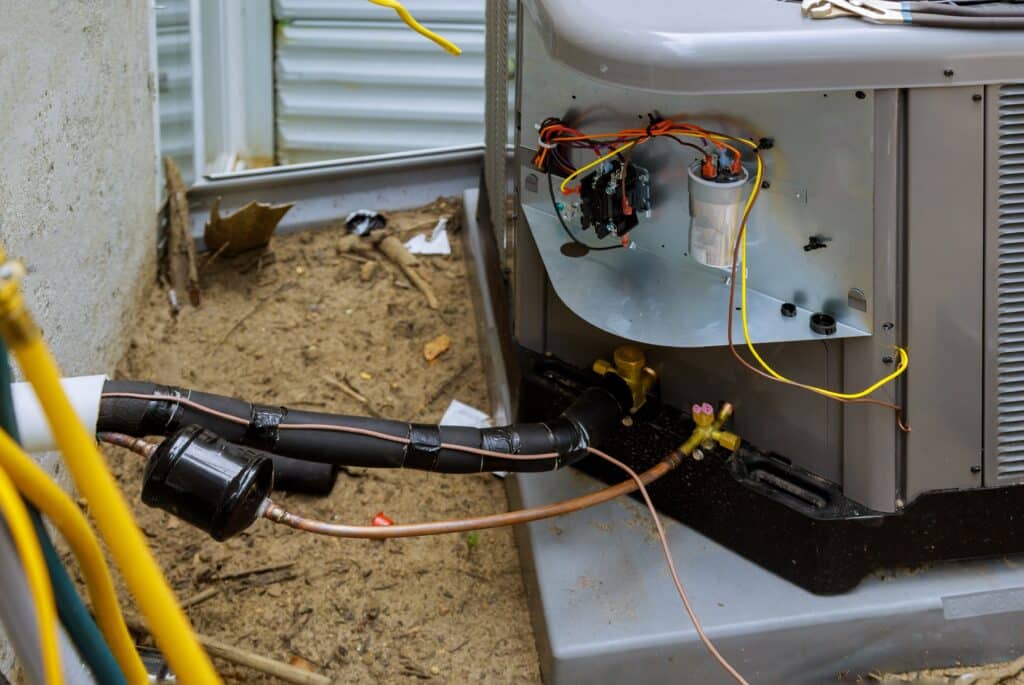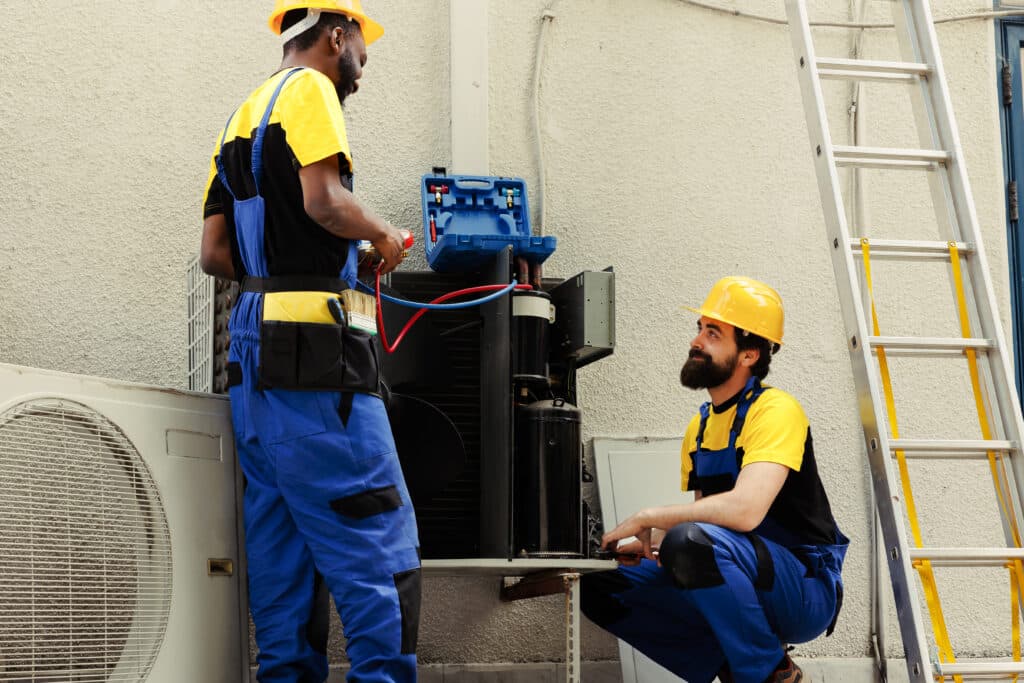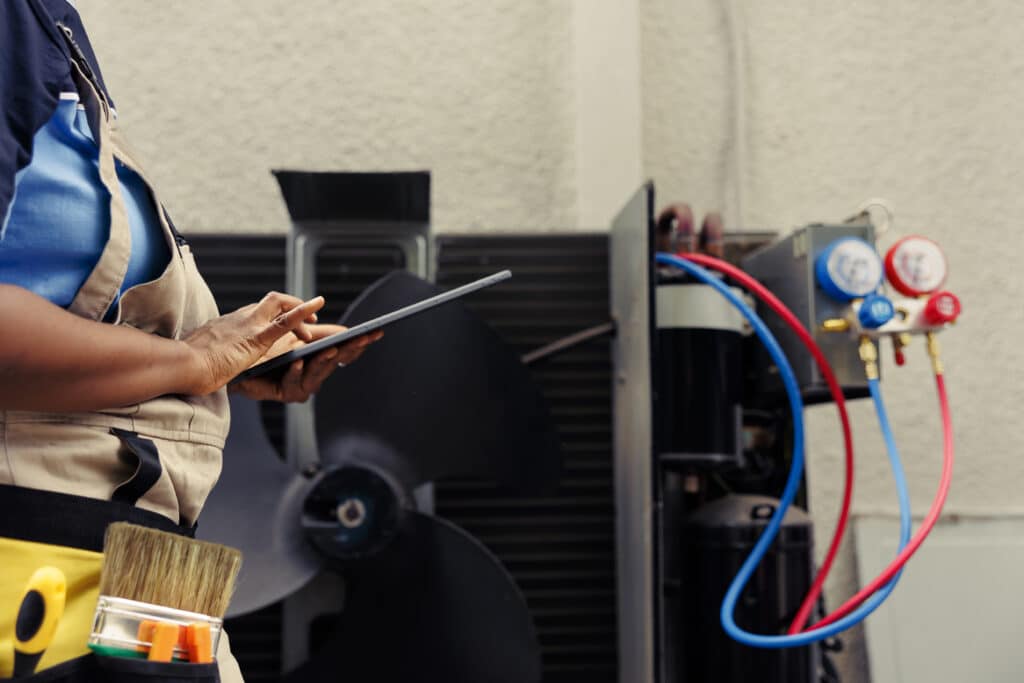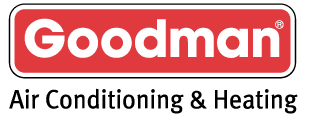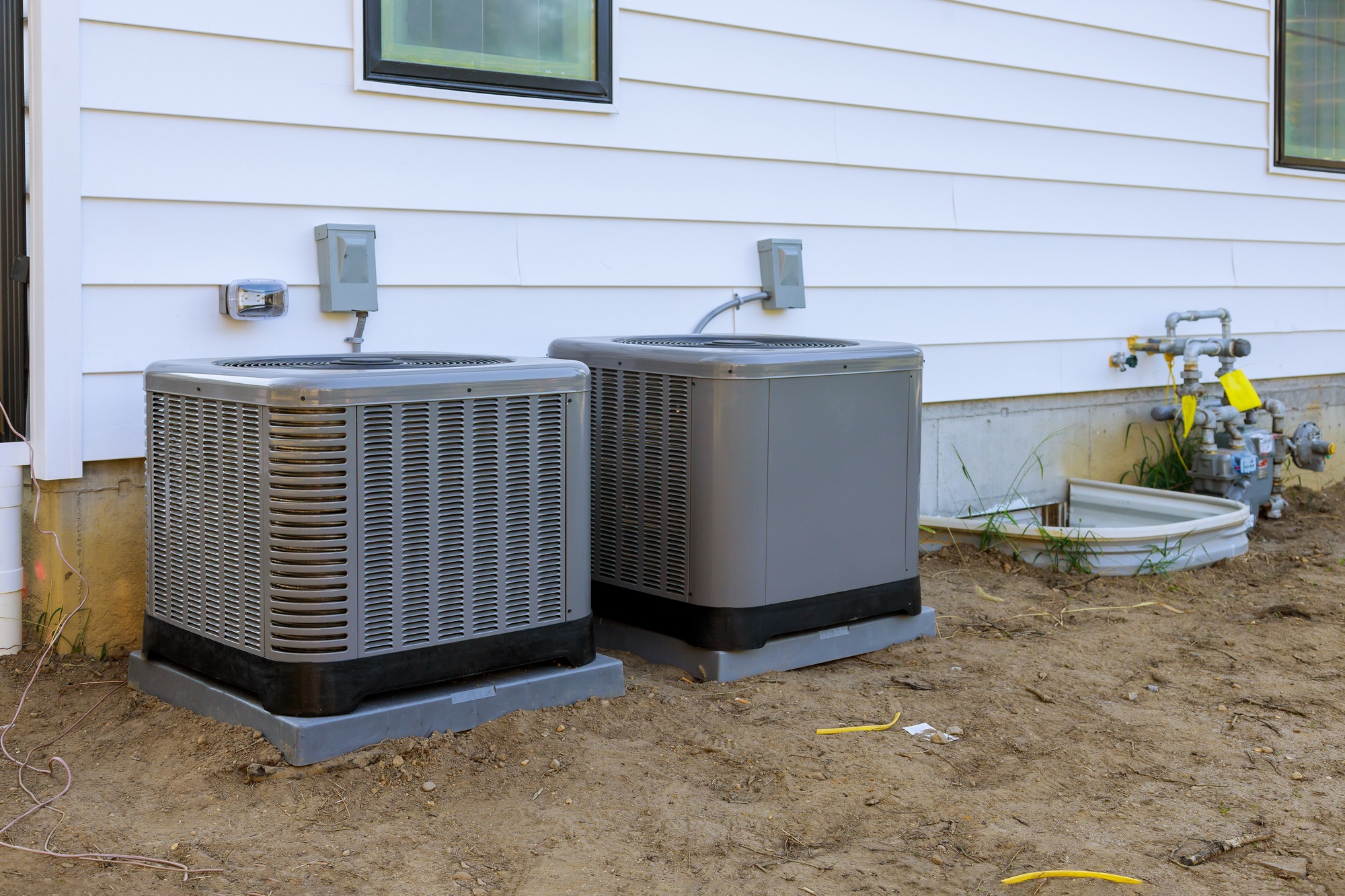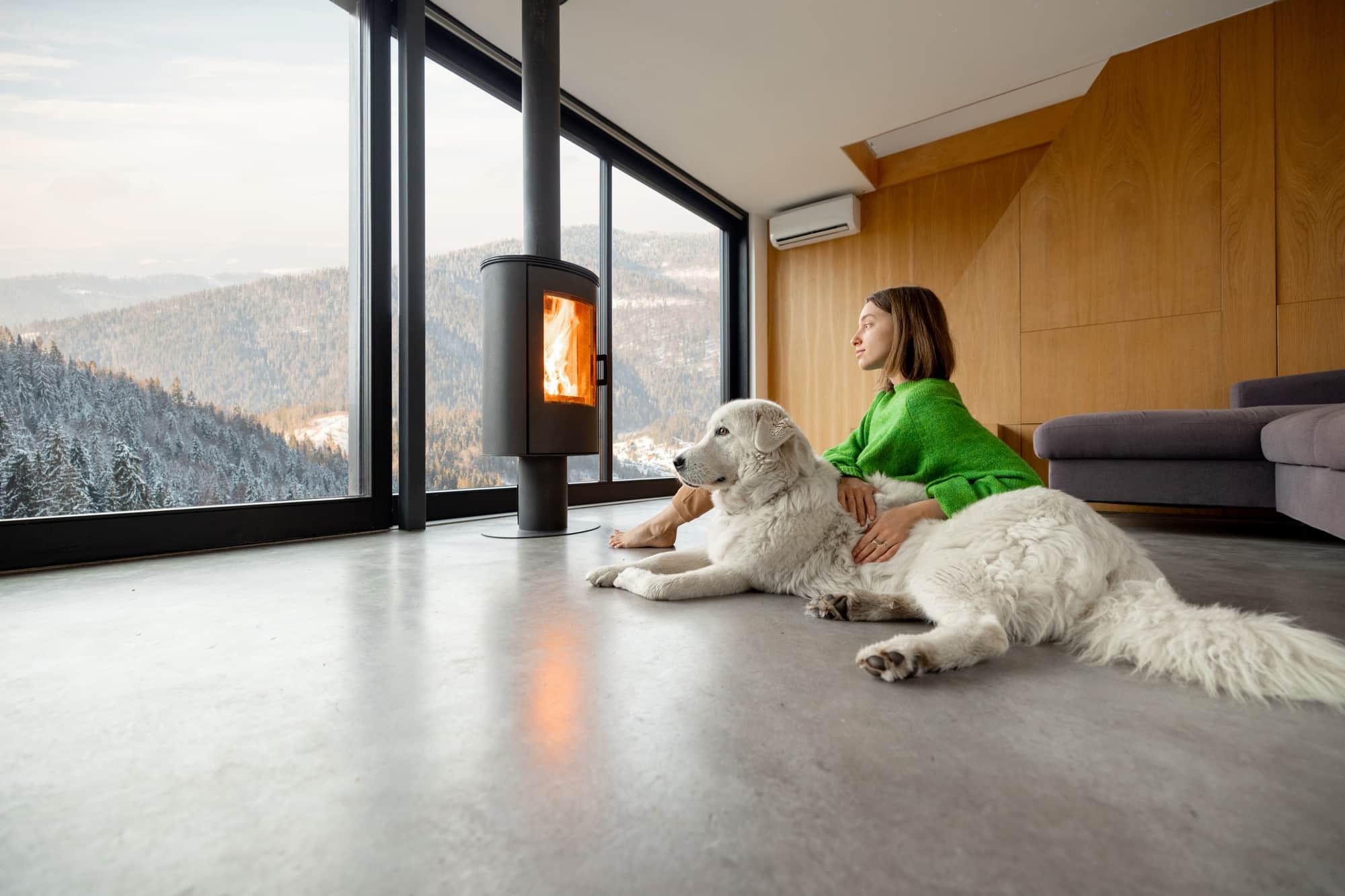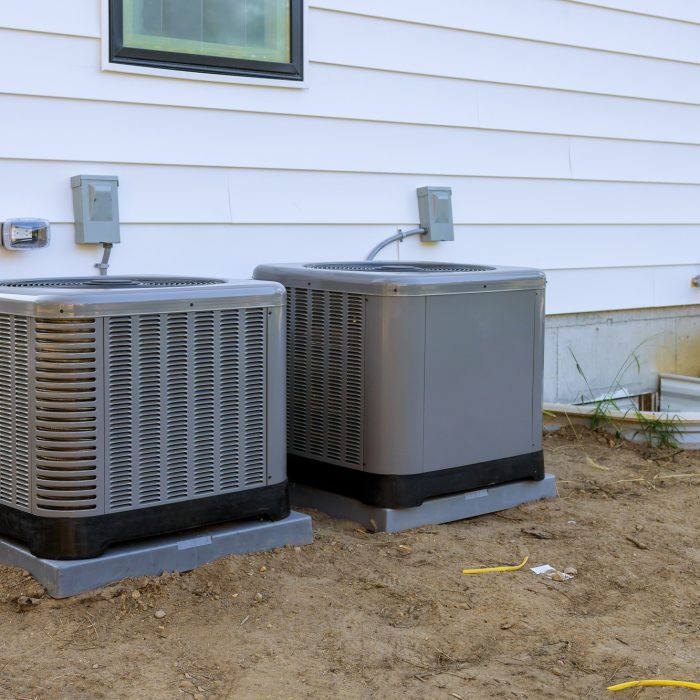
As temperatures soar during the summer months, a malfunctioning HVAC (Heating, Ventilation, and Air Conditioning) system can quickly lead to discomfort and frustration. Understanding the primary reasons behind HVAC system failures in summer is essential for homeowners to address issues promptly and restore indoor comfort. In this article, we’ll explore the top causes behind your HVAC system’s malfunction during the summer season.
Faulty Air Filters:
One of the most common reasons for HVAC system failure in summer is clogged or dirty air filters. Over time, air filters can become filled with dust, pollen, and debris, restricting airflow and causing the system to work harder. This increased strain can lead to overheating, reduced cooling efficiency, and even system breakdowns. Regularly replacing or cleaning air filters every 1-3 months is crucial to ensure proper airflow and system performance during the summer heat.
Refrigerant Leaks:
Refrigerant leaks are another prevalent issue that can cause your HVAC system to malfunction in summer. Refrigerant is essential for the cooling process, absorbing heat from indoor air and transferring it outside. However, leaks in the refrigerant lines can lead to reduced cooling capacity, ice buildup on evaporator coils, and compressor failure. If you notice signs of refrigerant leaks such as decreased cooling performance or hissing sounds from the system, it’s important to consult a professional HVAC technician for leak detection and repair.
Thermostat Problems:
A malfunctioning thermostat can also contribute to HVAC system issues during the summer months. Incorrect thermostat settings, sensor malfunctions, or dead batteries can prevent the system from cooling your home effectively. Additionally, placing the thermostat near heat sources or in direct sunlight can lead to inaccurate temperature readings and improper system operation. Regularly check and calibrate your thermostat to ensure accurate temperature control and efficient operation of your HVAC system.
Electrical Issues:
Electrical problems such as faulty wiring, tripped breakers, or blown fuses can disrupt the operation of your HVAC system, especially during peak summer demand. Loose connections or damaged wiring can cause the system to short circuit or fail to start altogether. If you experience electrical issues with your HVAC system, it’s essential to turn off the power supply and consult a qualified electrician or HVAC technician for diagnosis and repair.
Condensate Drainage Problems:
The condensate drain line is responsible for removing excess moisture from your HVAC system during the cooling process. However, clogs or blockages in the drain line can cause water to back up and overflow, leading to water damage, mold growth, and system malfunctions. Regularly inspect and clean the condensate drain line to prevent clogs and ensure proper drainage. Installing a condensate pump or adding algae tablets to the drain pan can also help prevent drainage issues during the summer months.
Is your HVAC System not working? Trust Generation Air Conditioning & Heating to diagnose, fix, or install all of your HVAC Systems issues! Contact us today for a Free Consultation!
